Genesis
The historical origins of Economics are inextricably intertwined with Moral Philosophy and Political Economy. In Ancient Civilizations like China, Greece and Tamil Nadu, thinkers such as Confucius, Aristotle, and Thiruvalluvar contemplated questions of Justice, Ethics, and the Organization of Society, laying the groundwork for Moral Philosophy's influence on Economics. During the Enlightenment era of Europe, Political Economists like Adam Smith merged Moral Philosophy with the study of wealth and resources.
Smith's seminal work, "The Wealth of Nations," explored how Self-interest, Competition, and Market Forces could lead to Economic prosperity. This marked the birth of Modern Economics as a distinct field of study. Political economy, a precursor to economics, focused on the relationship between Politics and Economics. Scholars like David Ricardo and Karl Marx expanded on Smith's ideas, analyzing the distribution of wealth, class struggle, and the role of government in economic affairs. Thus, the historical evolution of Economics is deeply rooted in Moral Philosophy's ethical inquiries and Political Economy's examination of societal organization and governance.
Modern or Neo-Classical Economics is a superstructure built on the basement of unfettered continuum and deviations of Classical Economic Thought. Economics, the Queen of Social Sciences have given birth to multitude of thoughts and perspectives. And she is perpetually pregnant with innumerable facts and not fiction, ideas and not ideological dogma, impeccable truths rather than whims and caprices, public policy solutions rather than populist measures. Are you ready to delve deeper into the Empire of Economics under the reign of an Empress? Welcome to the Kingdom of the Queen to subject you to the rule of law, the Constitution which is nothing other than the Principles of Economics.
The Department of Economics, Bharathiar University, Coimbatore was initially functioning as an autonomous Post Graduate center of the University of Madras since 1973. Bharathiar University was officially inducted with the Department of Economics during 1976-77. Subsequently, the Department of Economics is part of one of the nine academic departments with which the Bharathiar University came into existence in February 1982.
Right from its induction, the department is offering research programmes leading to M.Phil. and Ph.D. degrees. In the academic year 1988-89, the department started offering a hybrid Post Graduate Programme M.A. Applied Economics, with the objective of providing Post Graduate education in Economics. To meet the growing needs of industries and business concerns located in and around Coimbatore and Tirupur Districts, Master of Business Economics (M.B.E.) was offered.
During the academic year 2001 onwards Choice Based Credit System (CBCS) was introduced in all the Departments of the University. As on 2001, the Post Graduate Programme of M.A. Economics is being offered. A Graduate who have studied Economics/ Econometrics/ Statistics/ Mathematics/ Business Economics/ Commerce/ Management as one of the papers in their Under Graduation Degree is eligible to seek admission in the Department of Economics for the Master’s Programme.
Thrust Areas
The Department carries out research in thrust areas such as Agricultural Economics, Economics of Human Resource, Environmental Economics, Health Economics, Industrial Economics, Monetary Economics and Public Economics.
Milestones
As on the Academic Year 2023-2024 the Department has successfully awarded with 245 M.Phil and 130 Ph.D Degrees. The faculty members have undertaken several major research projects funded by Government of Tamil Nadu, Gulf of Manner Biosphere Reserve Trust (A joint venture of UNDP, Government of Tamil Nadu and Government of India), Indian Council of Social Science Research (ICSSR), Malcolm Elizabeth Adiseshiah Trust, Rashtriya Uchchattar Shiksha Abhiyan (RUSA), University Grants Commission (UGC), etc. As on the Academic Year 2023-24 the Department is credited with successful completion of 32 projects.
During the period of 01.04.2004 to 31.03.2009, Department of Economics was sanctioned with UGC - Special Assistance Programme (SAP) – Department Research Scheme Phase - I with the grant of INR. 40 Lakhs. Subsequently, during 01.04.2011 to 31.03.2016, under UGC-SAP-DRS II scheme, INR. 40 Lakhs has been extended. Furthermore, during 01.04.2018 to 31.3.2022 the financial support has been accorded under UGC-SAP-DRS III scheme with the sanction of INR. 88 Lakhs.

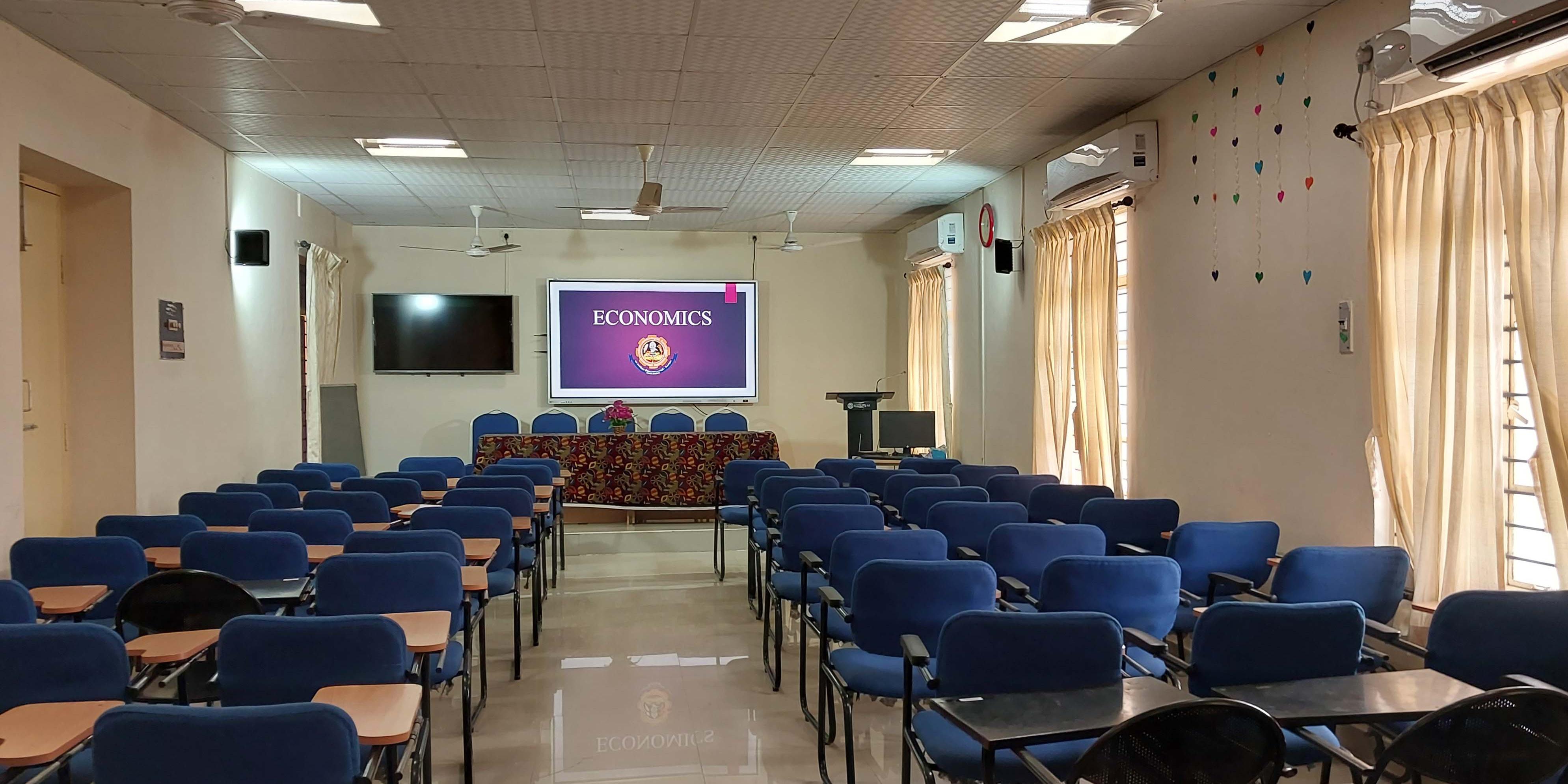
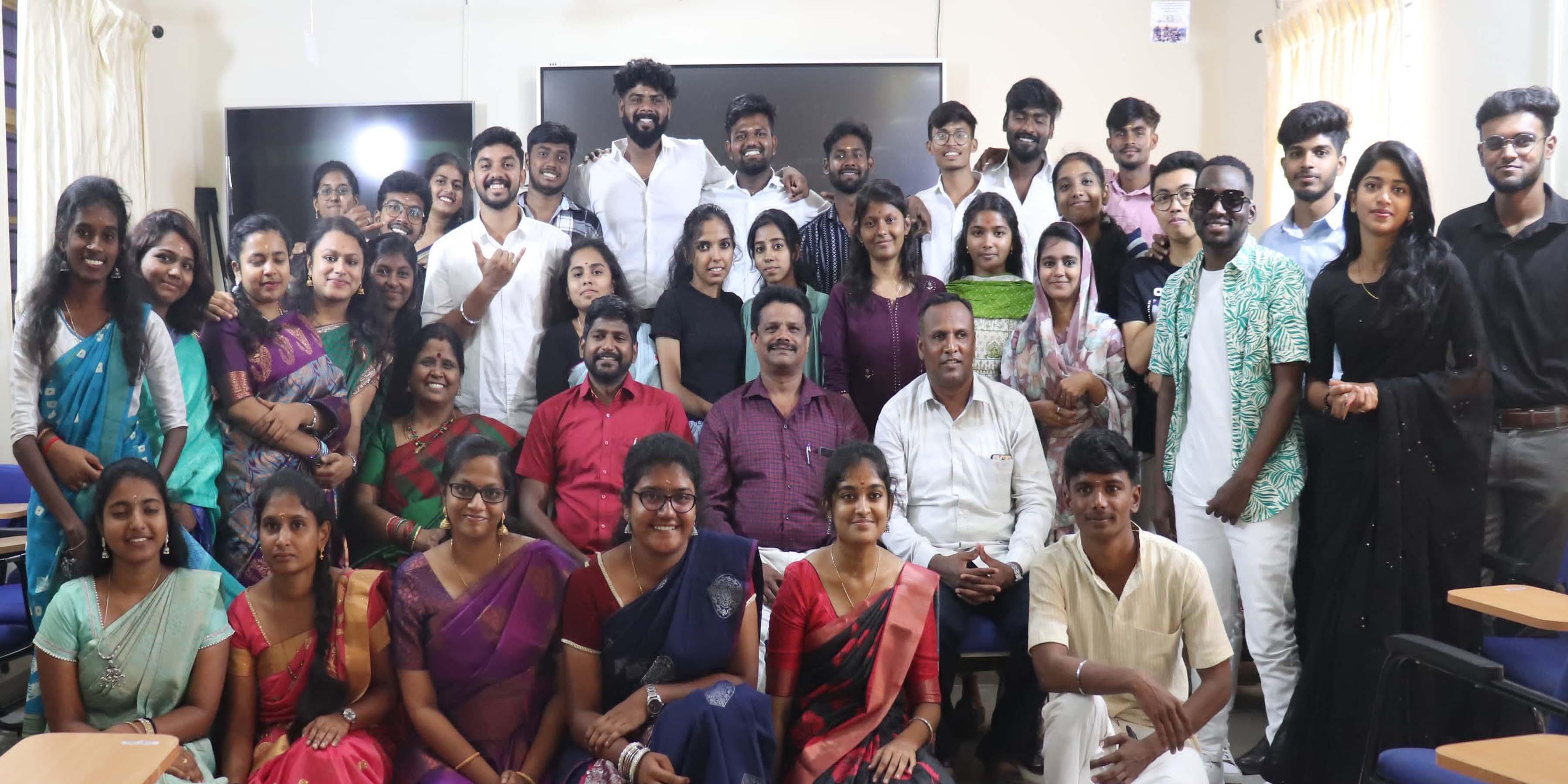
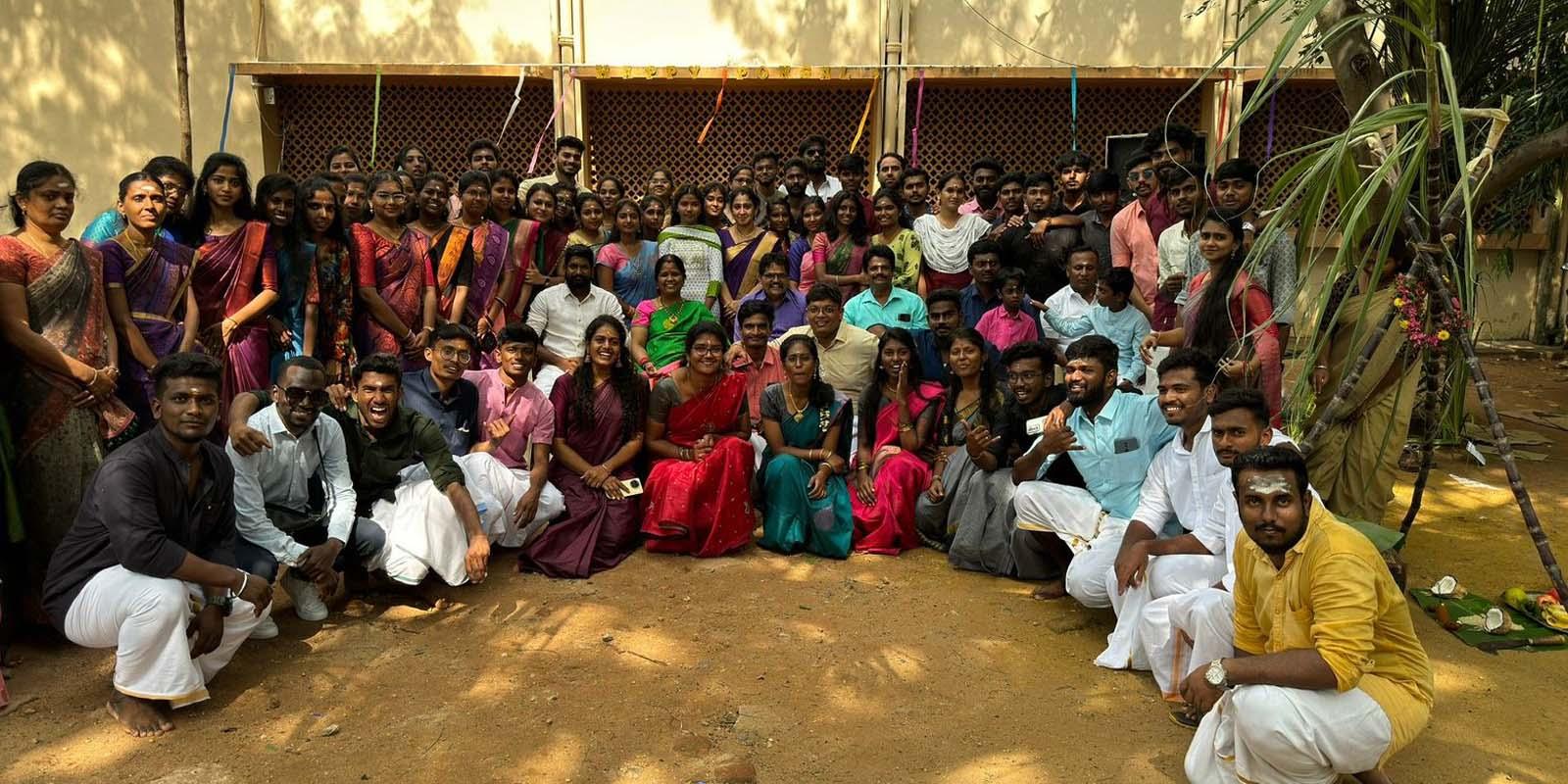
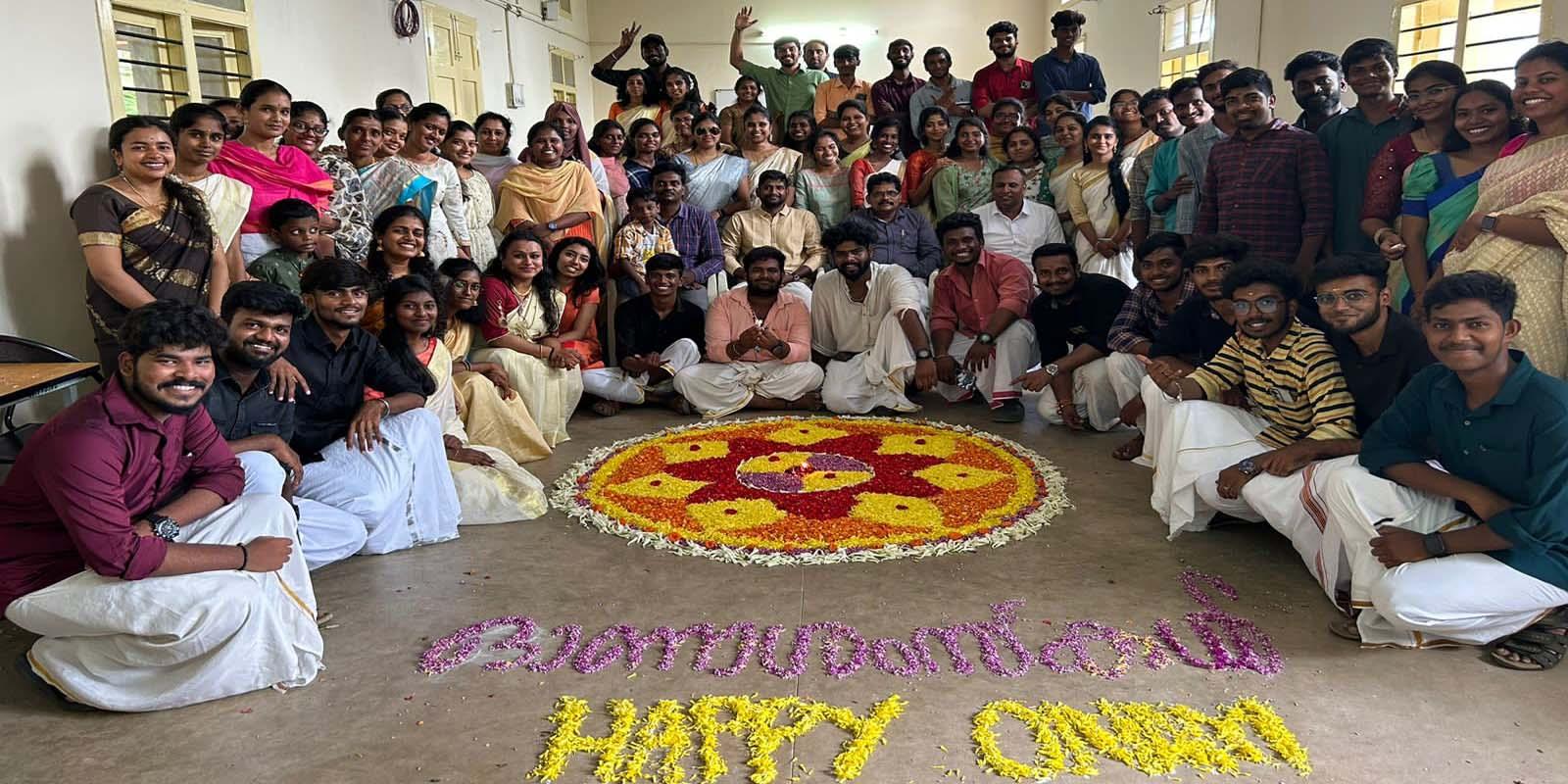
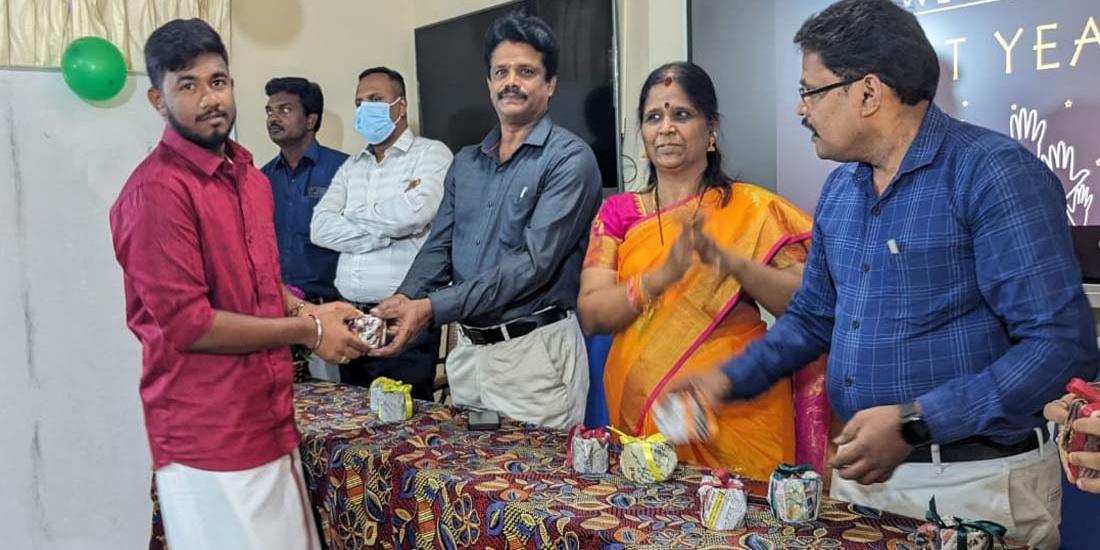

 Campus Walk
Campus Walk